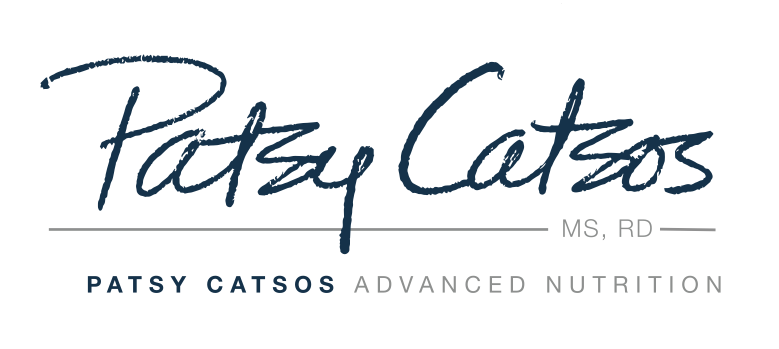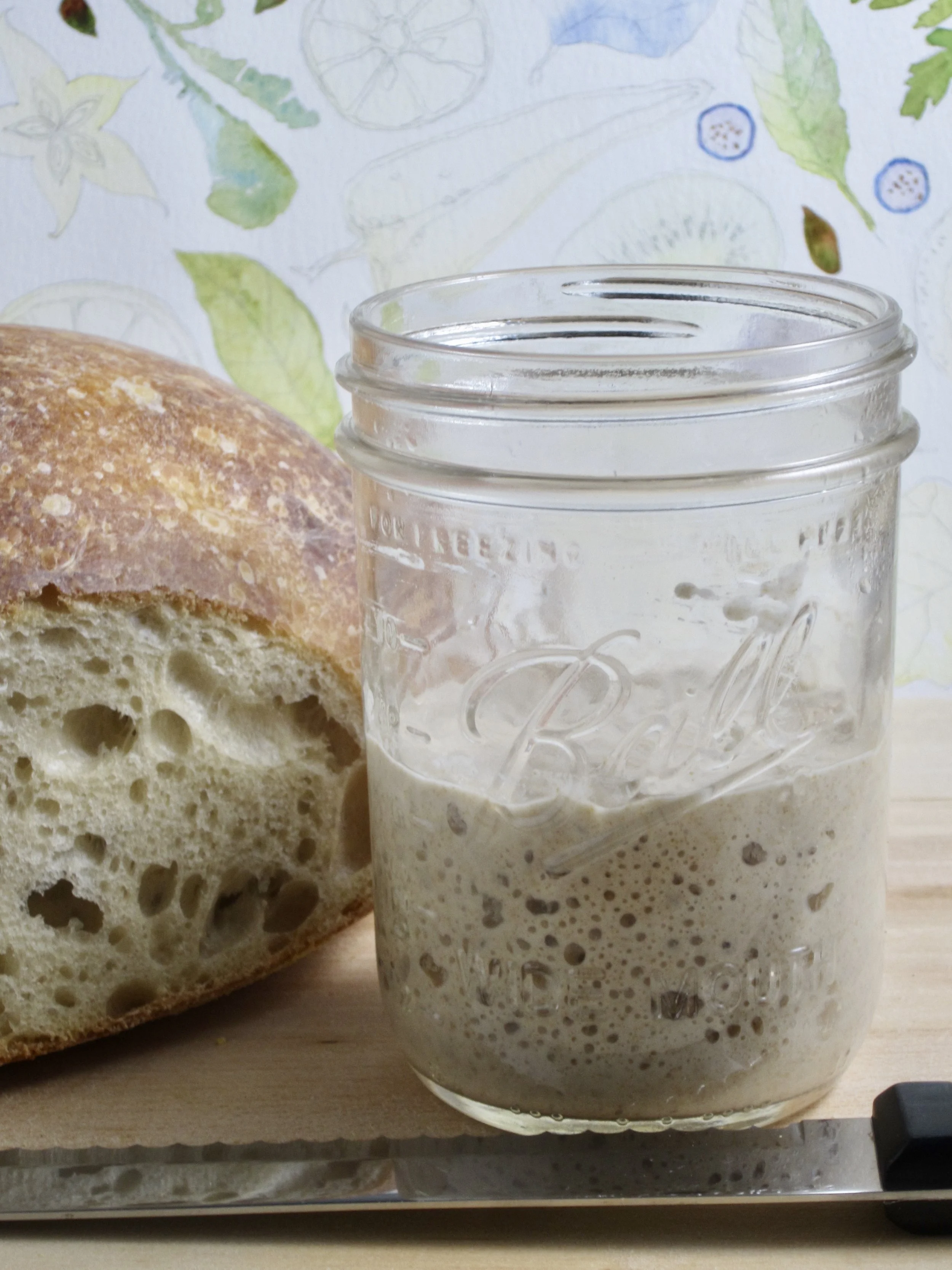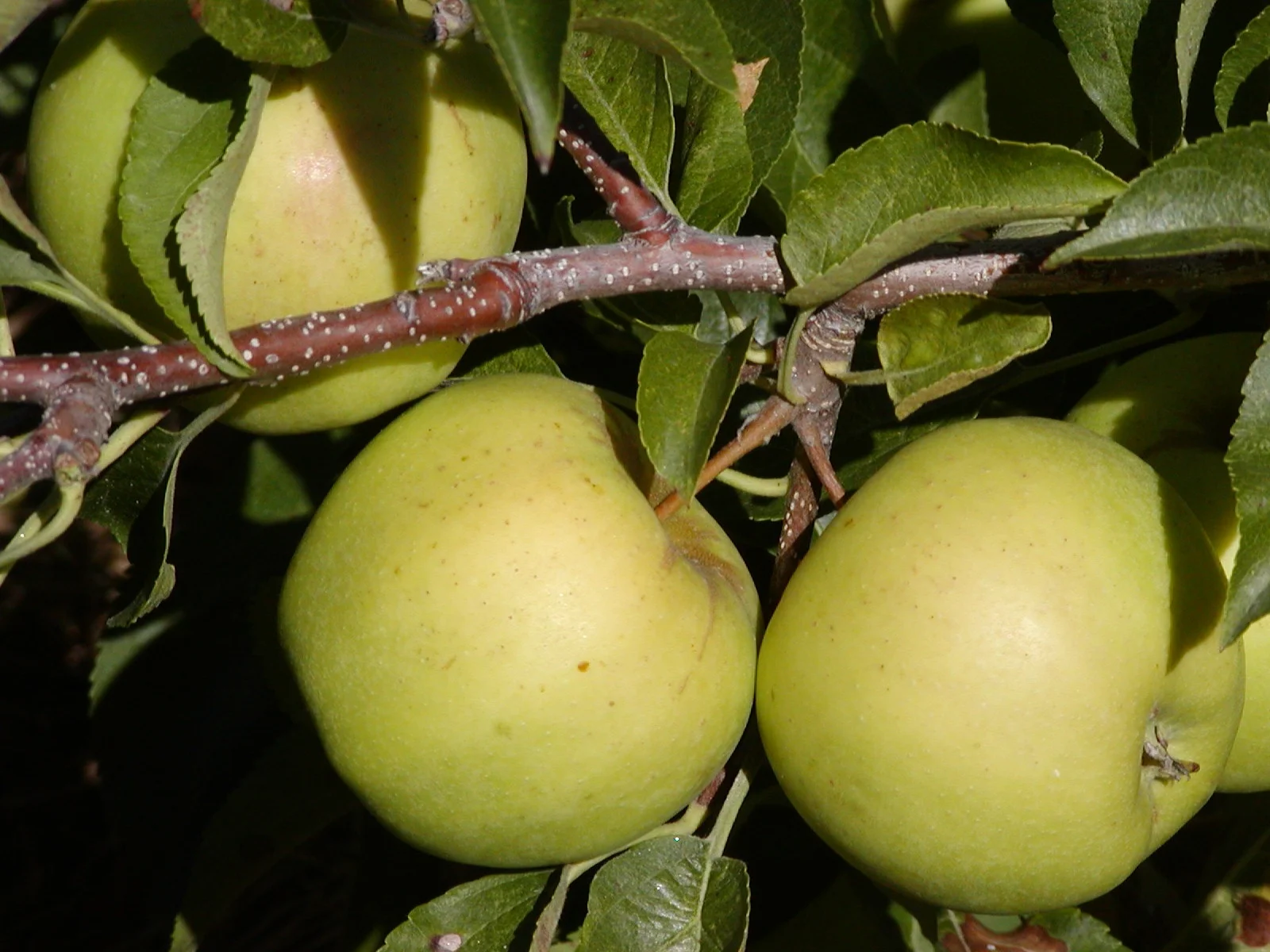If you’ve done much reading about nutrition and digestive health over the past couple of years, you may have come across the term “resistant starch”. Resistant starch has been touted as a weight loss aid and a potential cure-all. While it has been mentioned briefly on this blog in the past, let’s take a closer look. What are resistant starches, and how do they fit into your low-FODMAP diet?
Sneak Preview: The IBS Elimination Diet and Cookbook
IBS Myth: No Dairy for IBS
Many people with IBS are under the impression that everyone with IBS (or maybe just everyone, period) should avoid “dairy.” And who can blame them, after hearing this advice passed around by any number of authors, bloggers, celebrities and even healthcare professionals. I don’t share that view. Although I recognize that milk and milk products are a common cause of abdominal pain, excess gas, bloating, diarrhea and constipation, that is no reason to over-generalize and say that everyone with IBS should avoid them. There are some individuals who actually do need to avoid all dairy products to manage their IBS, but in my experience that is the exception, not the rule.
Pumpkin Muffins
Low-FODMAP Snacking
Buckwheat Waffles
Moroccan Vegetable Stew
Research Brief: Sourdough Rye Bread
Rye is a high FODMAP grain. While authentically prepared, slow-fermentation sourdough bread made from wheat and spelt are low in FODMAPs, sourdough rye breads tested so far in the FODMAP lab at Monash University are high in FODMAPs. But there may yet be hope for sourdough rye bread lovers.











